Türkiye's efforts to expand its influence not only in the OTS countries but also in Africa show that Central Asia and Africa are potential spaces for Ankara to become a global power.
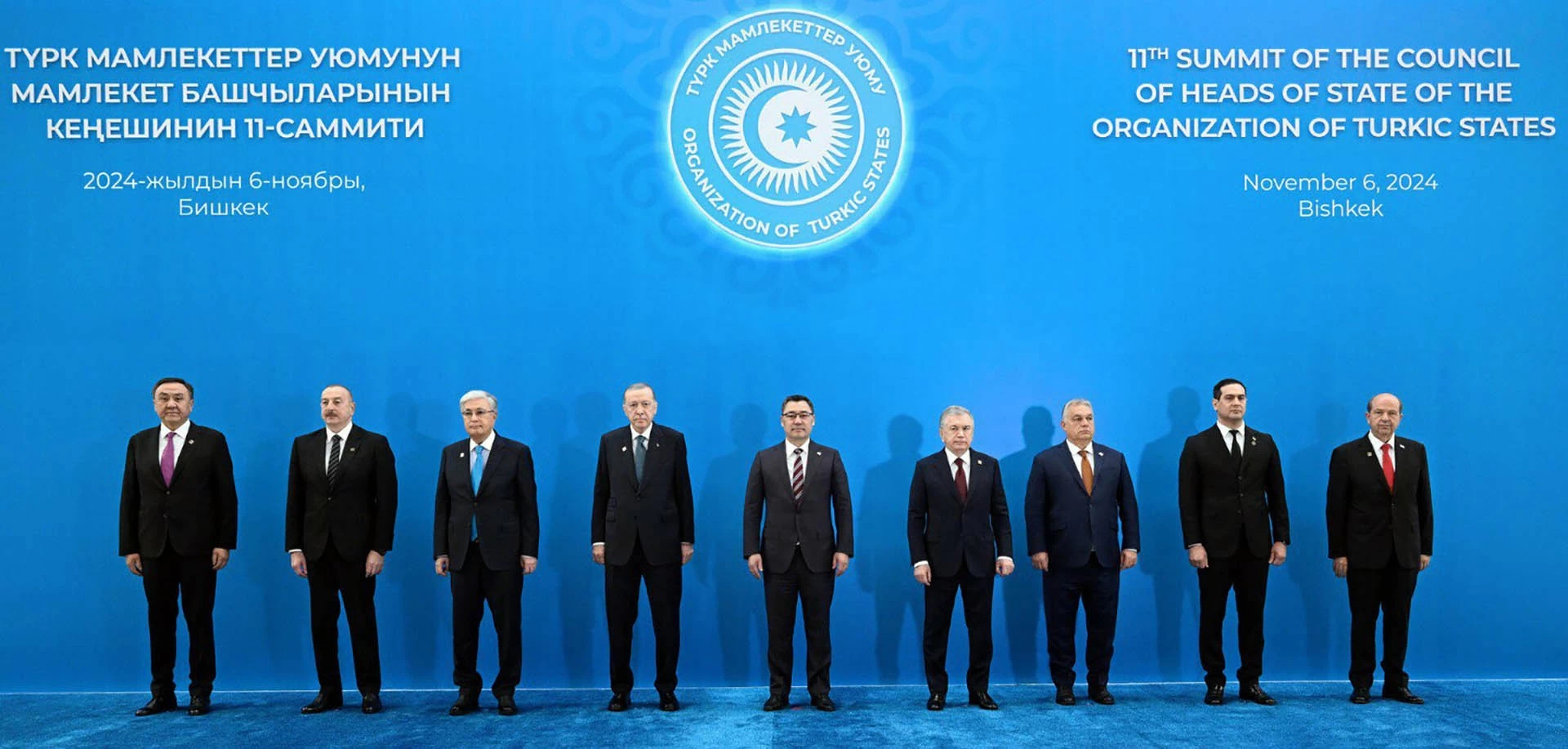 |
| The 11th Summit of the Organization of Turkic States. (Source: timesca) |
Turkish President Recep Tayyip Erdogan visited Kyrgyzstan from November 5-6 and attended the 11th Summit of the Organization of Turkic States (OTS) with his counterparts from Azerbaijan, Kazakhstan, Kyrgyzstan, Uzbekistan and two observer countries Hungary and Turkmenistan.
During talks with host country President Sadyr Japarov in the capital Bishkek, the two leaders discussed many areas of cooperation, from trade and economy, national security and defense to emerging regional issues.
After the talks, the leaders of the two countries issued a statement agreeing to take bilateral relations to a new level. President of the host country Sadyr Japarov declared: "We have made an important decision to upgrade the relationship between Kyrgyzstan and Turkey to a comprehensive strategic partnership." Also during this visit, the two sides signed 19 cooperation agreements in the fields of energy, defense, security, counter-terrorism, etc.
In the context of competition for influence in the region, especially the increasingly strong presence of Russia and China, Ankara wants to increase its influence in Central Asia, especially in the countries of the post-Soviet space. However, Türkiye is only the third largest investor in Kyrgyzstan, after Russia and China, with a turnover of 3.8%, much lower than China's 34.2% and Russia's 19.5%.
Turkey’s footprint is also deep in Africa, according to the website issafrica.org of the Pretoria-based Institute for Security Studies in South Africa. Last week, Ankara’s announcement that it wants to join the BRICS group of emerging economies seemed to have been given the “green light,” leading many to question how a member of the North Atlantic Treaty Organization (NATO) could join the BRICS group led by Russia and China.
In Africa, Ankara has been particularly vocal in its efforts to reconcile its close allies Somalia and Ethiopia over their disagreement over Ethiopia’s recognition of Somaliland’s independence in exchange for maritime access, which Somalia strongly opposes. This weekend, Foreign Minister Hakan Fidan will chair the Türkiye-Africa Ministerial Meeting to prepare for the fourth summit between the two sides in 2026.
Trade between Ankara and Africa exceeded $35 billion last year, while Türkiye's total direct investment in the continent now stands at $7 billion. Notably, since becoming prime minister in 2003 and president in 2014, Erdogan has made 50 visits to 31 African countries.
South African Ambassador to Ankara Tom Wheeler said that Türkiye has used soft power to expand its influence in Africa, but has not caused negative reactions like other countries.
According to Ali Bilgic, Professor of International Relations and Middle East Politics at Loughborough University (UK), Ankara "has made significant strides in realizing its ambition to become an important economic, military and humanitarian power in Africa."
However, Mr. Bilgic also commented that Türkiye's assertive foreign policy has caused tensions with NATO and EU allies, including the possibility of joining BRICS. However, this "reflects President Erdogan's multifaceted foreign policy approach, seeking to cooperate with all parties."
Türkiye's efforts to expand its influence not only in the OTS countries but also in Africa demonstrate Ankara's ambitions, and show that Central Asia and Africa are potential spaces for Ankara to become a global power.
Source: https://baoquocte.vn/tham-vong-nang-tam-anh-huong-cua-tho-nhi-ky-292887.html


![[Photo] Prime Minister Pham Minh Chinh chairs meeting after US announces reciprocal tariffs](https://vstatic.vietnam.vn/vietnam/resource/IMAGE/2025/4/3/ee90a2786c0a45d7868de039cef4a712)
![[Photo] Ho Chi Minh City speeds up sidewalk repair work before April 30 holiday](https://vstatic.vietnam.vn/vietnam/resource/IMAGE/2025/4/3/17f78833a36f4ba5a9bae215703da710)
![[Photo] Prime Minister Pham Minh Chinh chairs the first meeting of the Steering Committee on Regional and International Financial Centers](https://vstatic.vietnam.vn/vietnam/resource/IMAGE/2025/4/3/47dc687989d4479d95a1dce4466edd32)
![[Photo] A brief moment of rest for the rescue force of the Vietnam People's Army](https://vstatic.vietnam.vn/vietnam/resource/IMAGE/2025/4/3/a2c91fa05dc04293a4b64cfd27ed4dbe)

![[Photo] General Secretary To Lam receives Japanese Ambassador to Vietnam Ito Naoki](https://vstatic.vietnam.vn/vietnam/resource/IMAGE/2025/4/3/3a5d233bc09d4928ac9bfed97674be98)
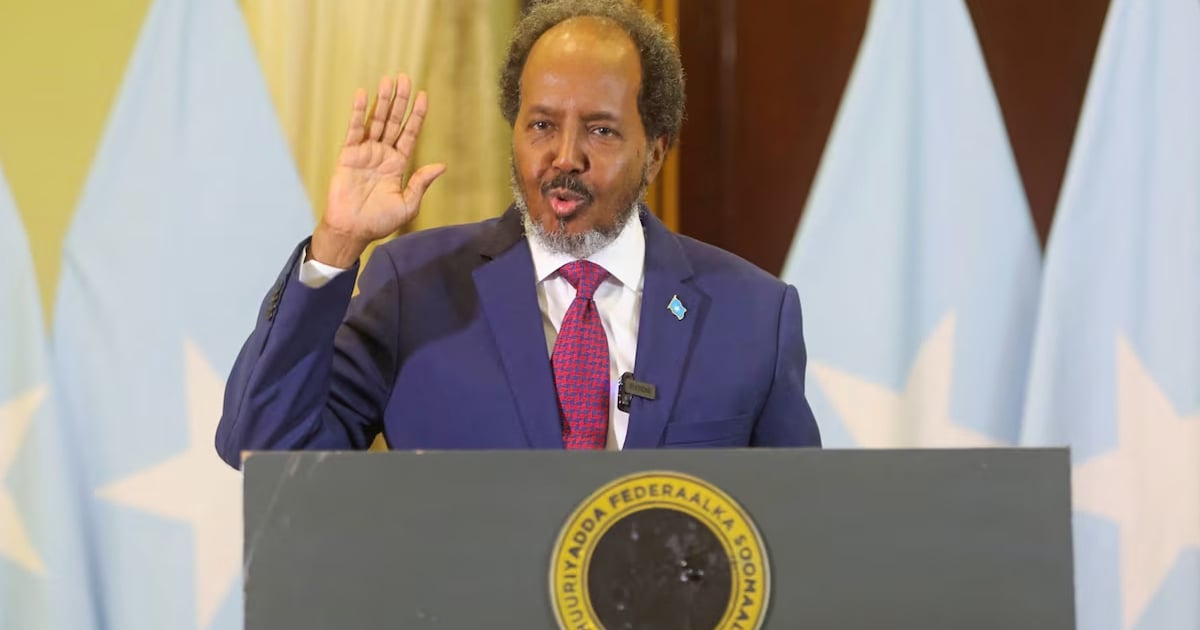

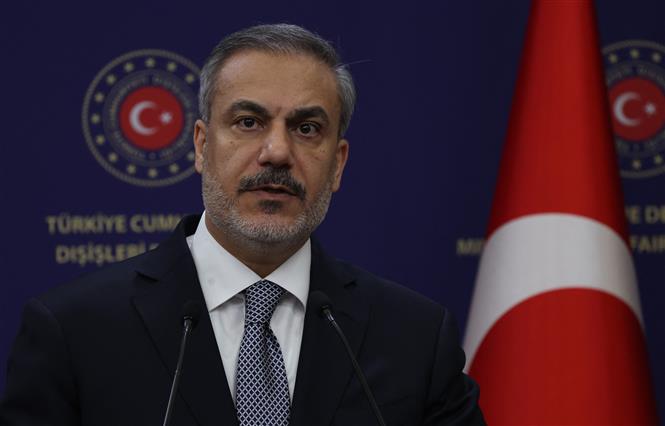


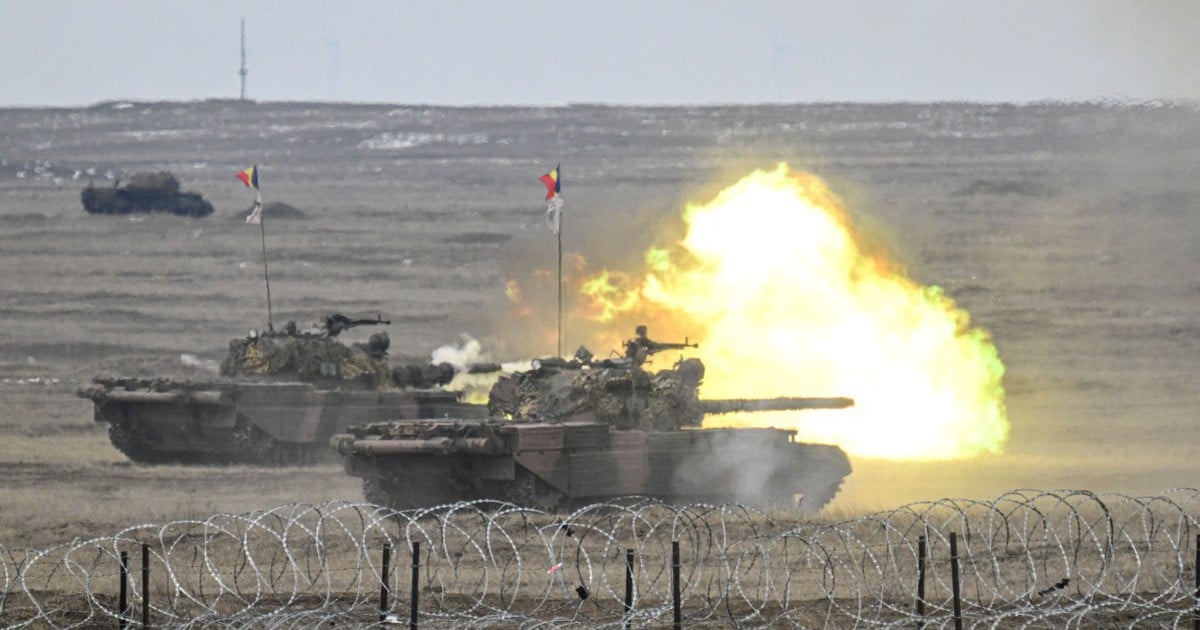
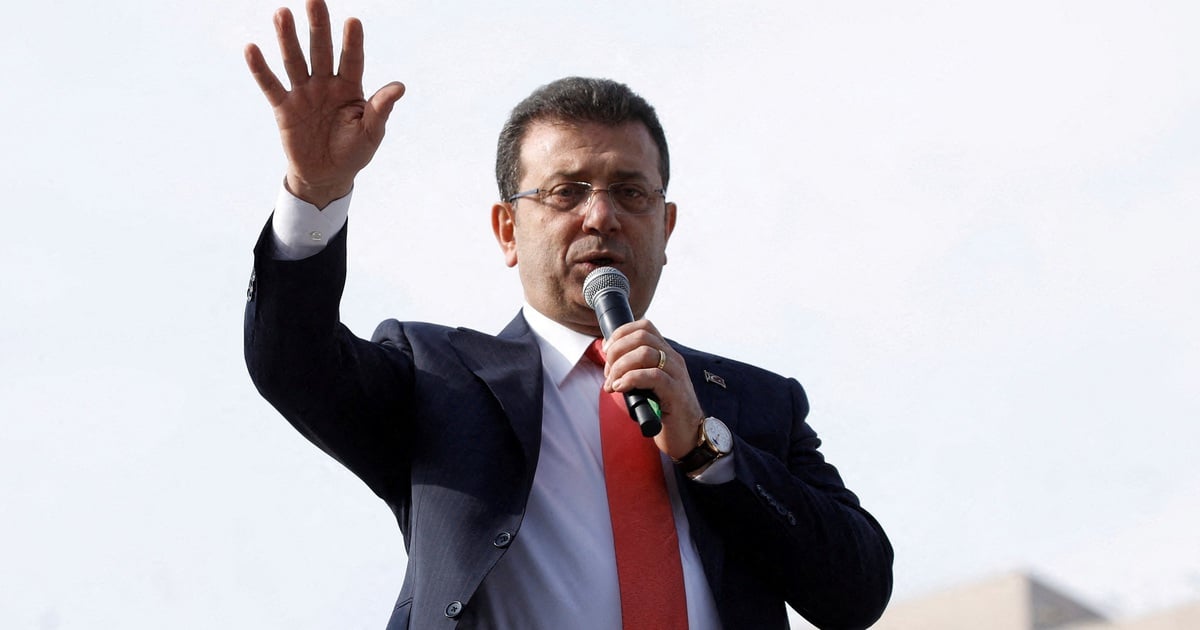
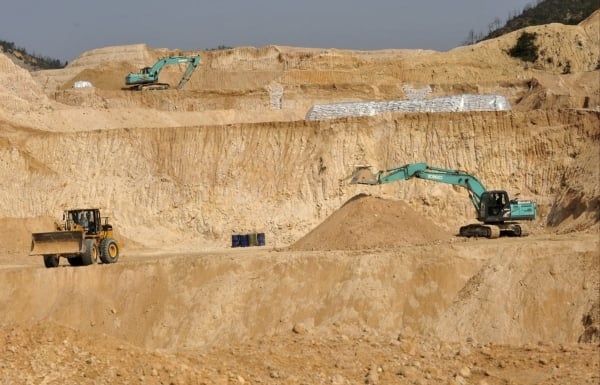

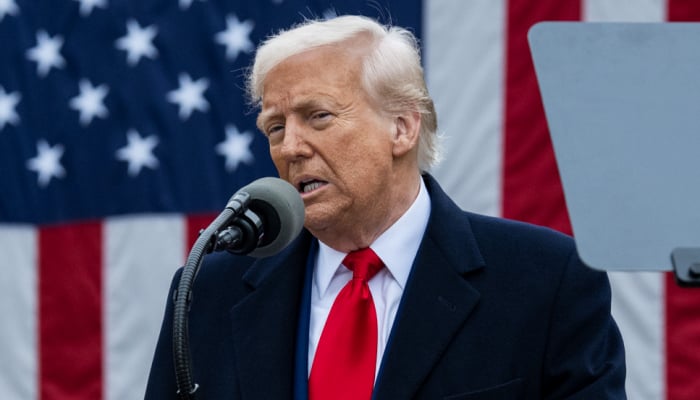


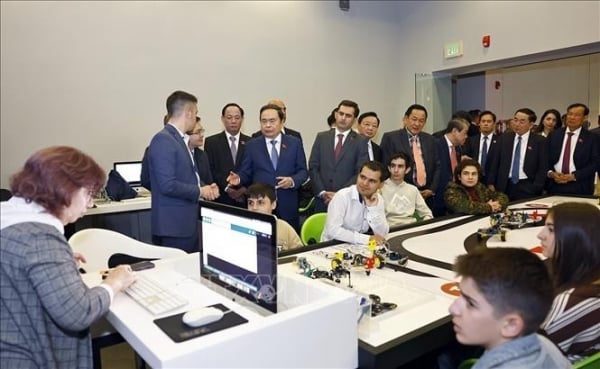
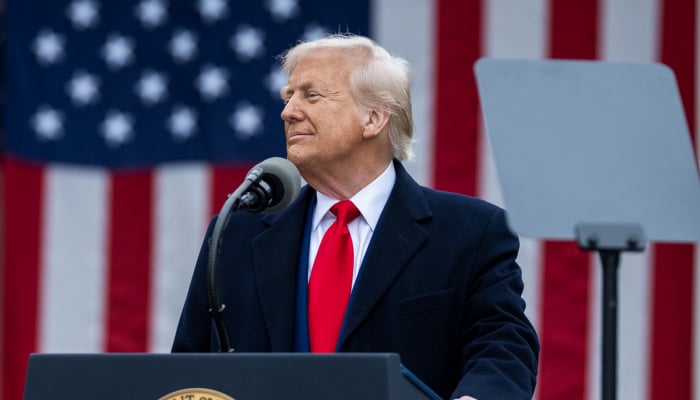
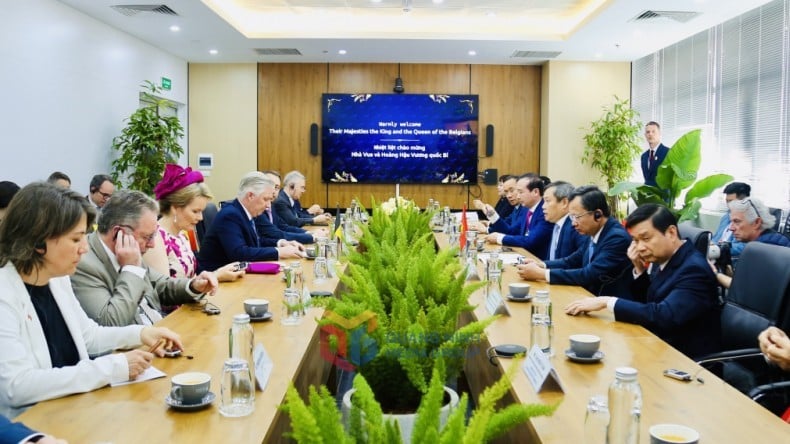




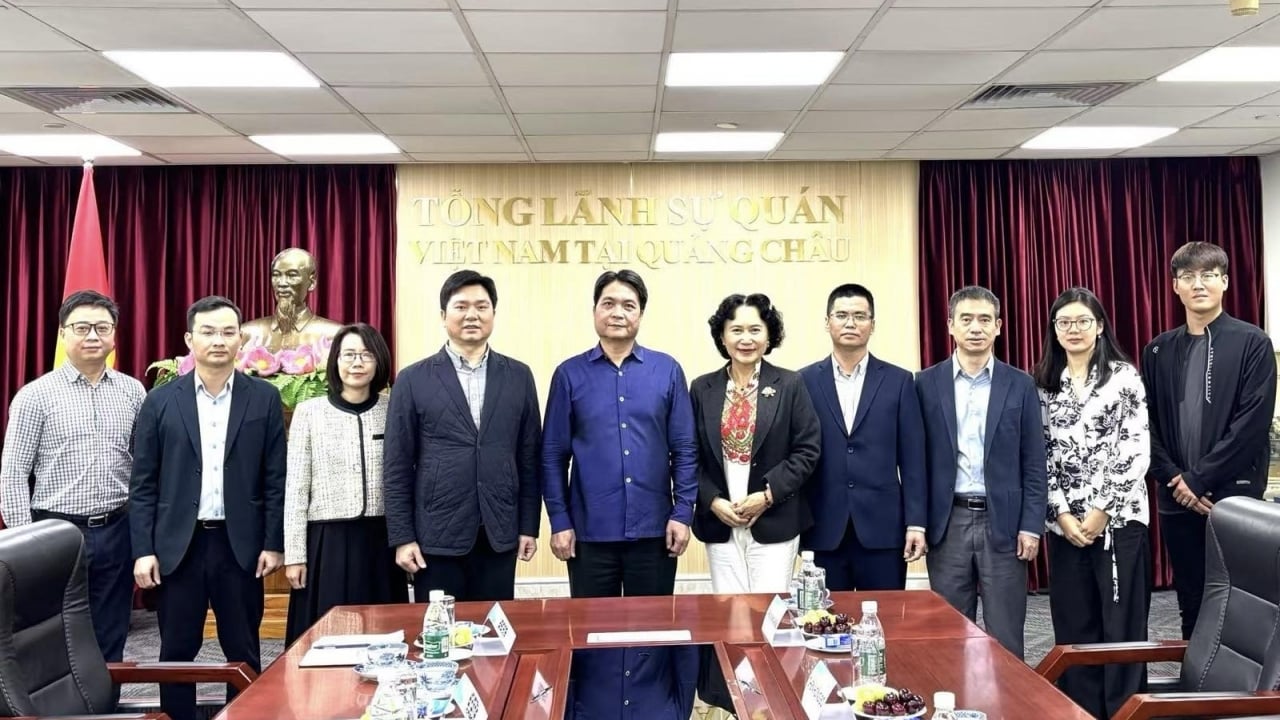
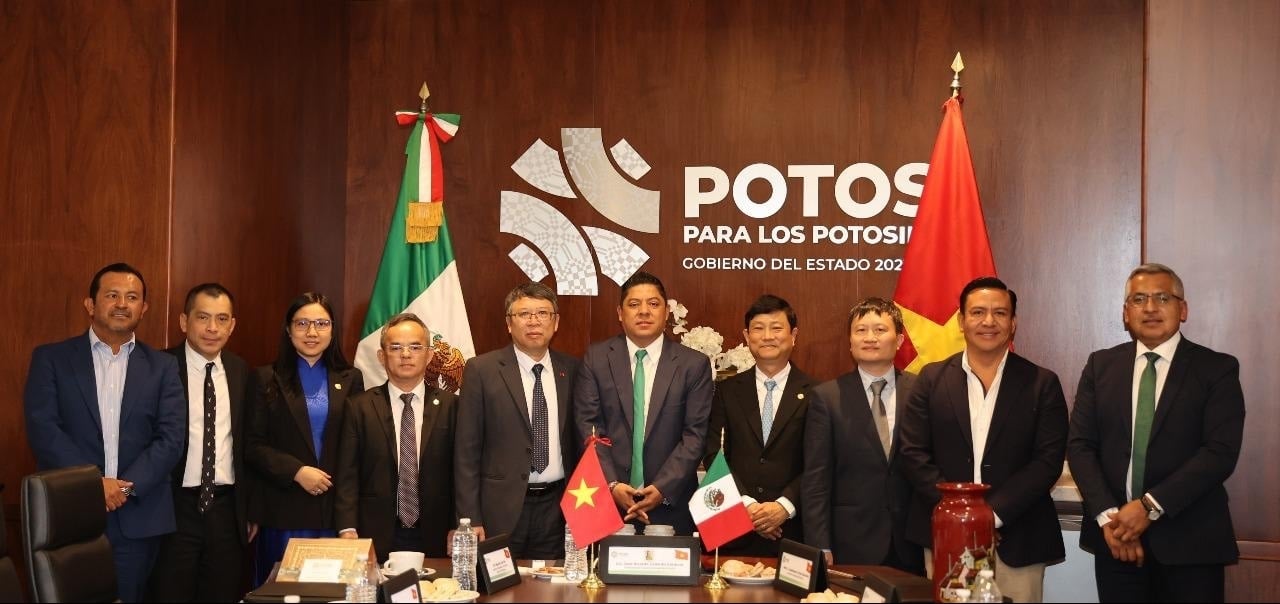
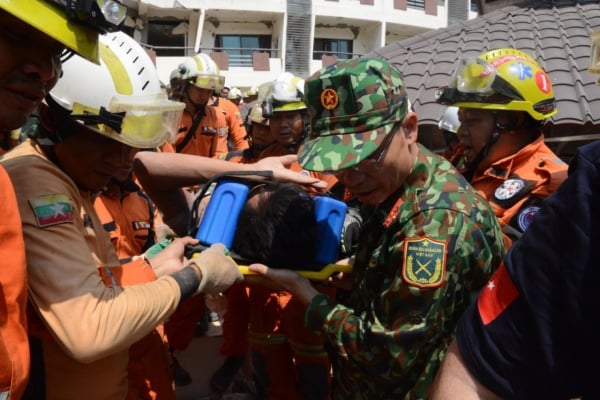

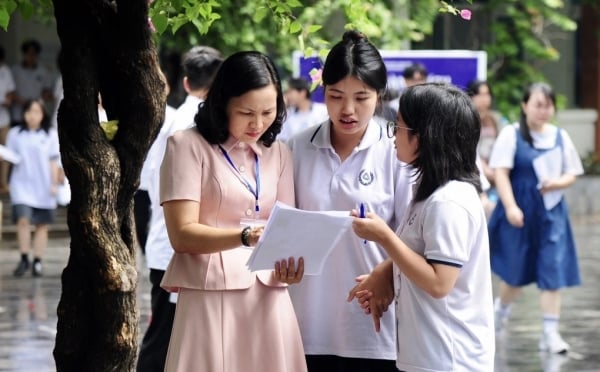












































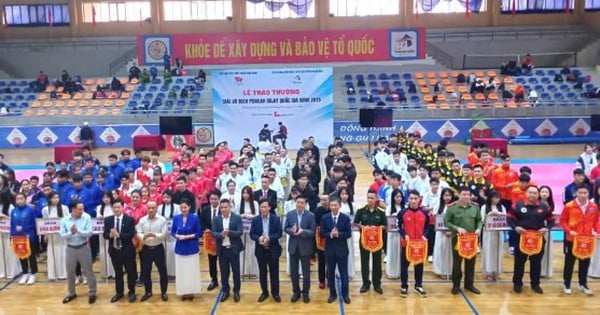
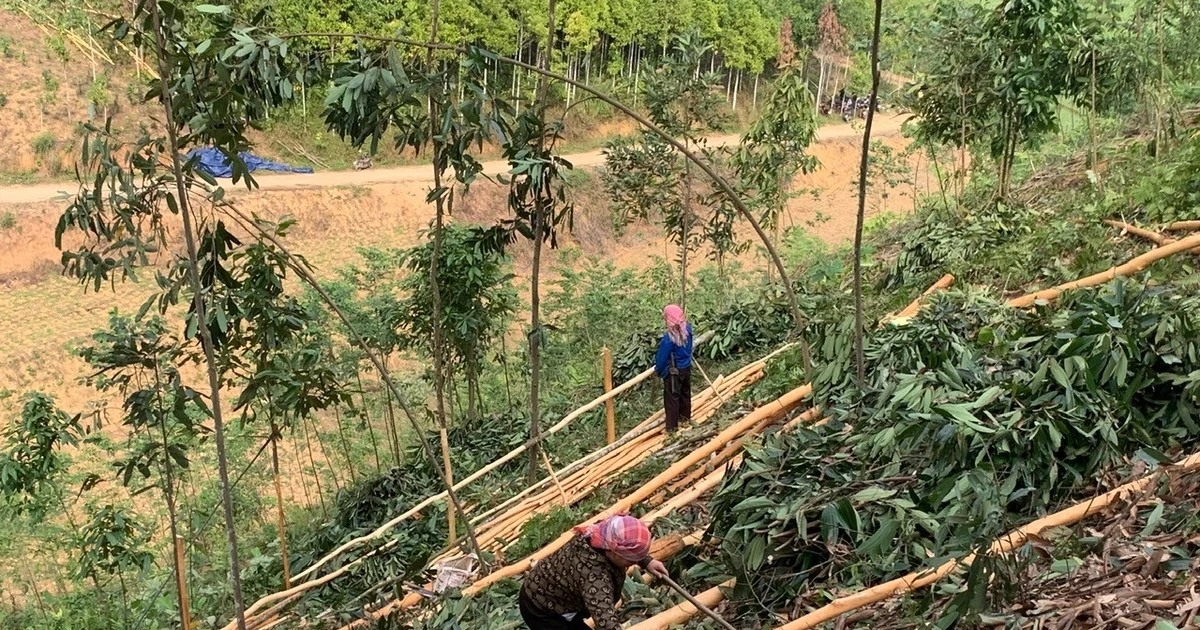



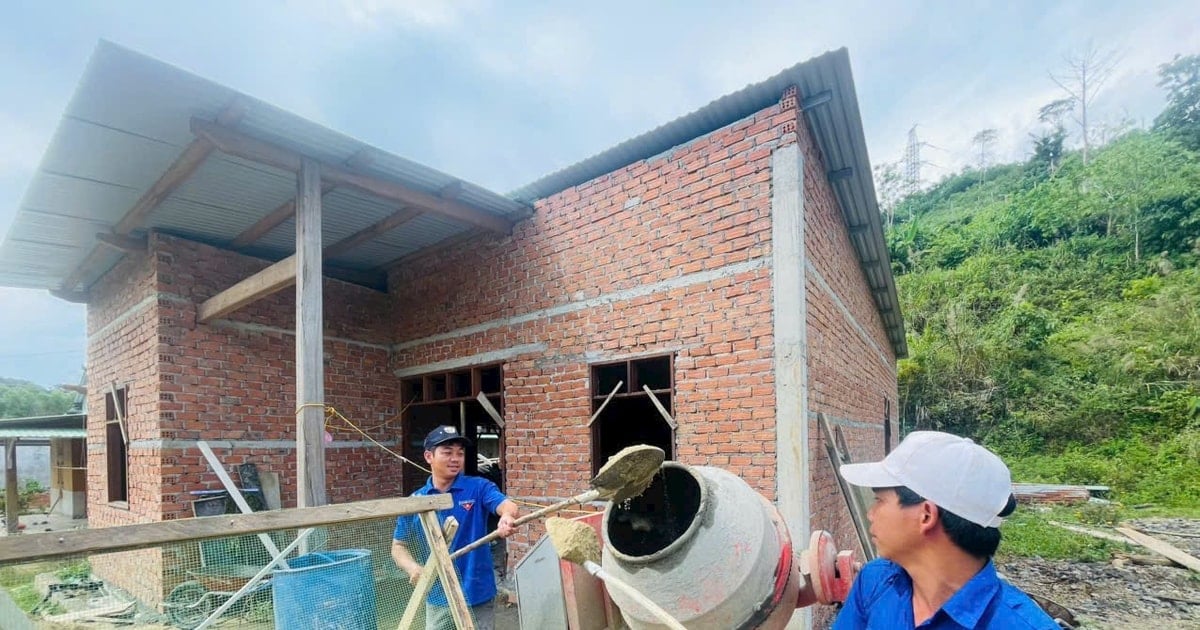


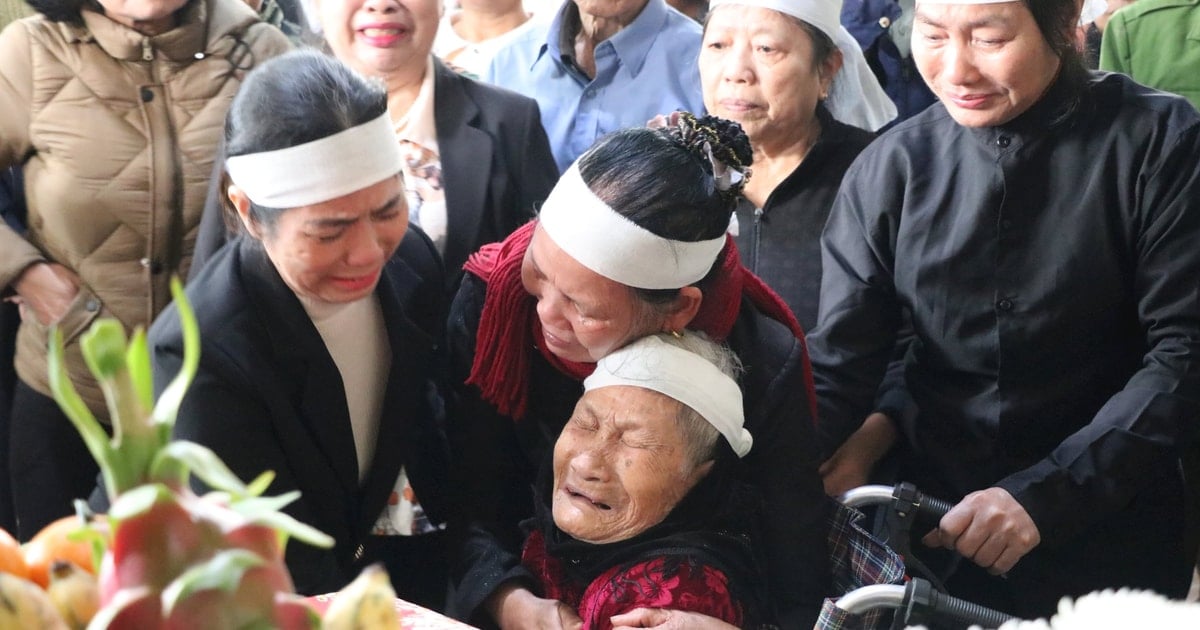














Comment (0)